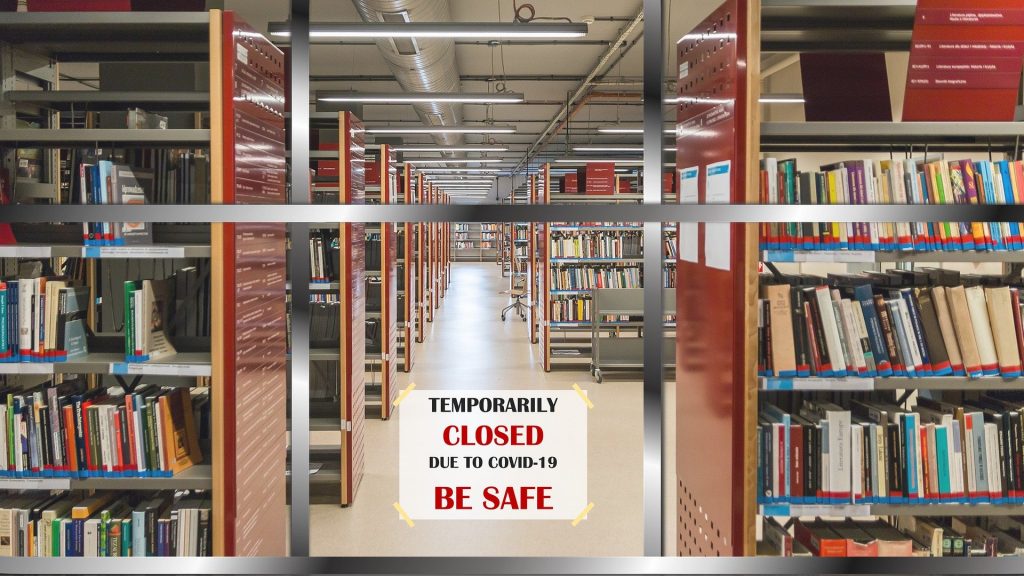
By Dr Paula Stone
Becoming a teacher is complex and emotional endeavour, but this year has brought extra significant challenges to our student teachers. On most of our Initial Teacher Education programmes the student teachers are required to undertake a small piece of research for one of their modules, which is an essential part of becoming a reflective practitioner. In more ‘normal’ circumstances their research would be undertaken in school or other educational settings and would examine an aspect of their pedagogy in a bid to improve their professional practice.
But the closure of schools on 20th March, because of Covid-19, has left the students in a position with an assignment to write and no-where to undertake their research.
Furthermore, at a time when many student teachers are looking forward to gaining their qualification and preparing for their first year of teaching, school closures have left many of them feeling anxious about what life will hold in the future. Many are asking questions like; How will I qualify if I haven’t finished my teaching practice? How will I secure my first post? What if I forget how to teach? How will I manage the children’s anxieties when they return to school? Never has there been a better time for student teachers to diarise and analyse their thoughts and emotions for their own well-being, but compiling this data also provides an opportunity to share their commitment and self-determination to wider society as whole.
Drawing on my own experience of writing auto/biographically for my Doctorate I have been encouraging the students to write autoethnographically about their experience of being a student teacher in such strange and challenging times. Tessa Muncey, one of the leading academics in the field, suggests that autoethnography is an approach which enables the ‘participant’ to observe both their own story and its social and political location p (Muncey, 2010). Reflexive self-awareness is integral to what it is to ‘be’ a teacher, indeed what it is to be human so researching using autoethnography will enable our student teachers to write a personal narrative to provide a poignant view of the struggles, fears and opportunities of what it is to be a student teacher during a pandemic. This comes at a time when there is a genuine curiosity about the impact of Covid-19 on the lives of people from all walks of life and many projects using narrative methods are being hastily marshalled to research the impact of the situation, but few are auto-diegetic in which the researcher and the researched are the same.
Autobiographical research is not an easy undertaking for anyone, the layers of a person’s experience revealed in this type of writing can expose a very vulnerable self, but we hope that this type of research will provide our students with a site of exploration to explore the private and public self and continue to construct their teacher identity in the absence of teaching.
Dr Paula Stone is a Senior Lecturer in Initial Teacher Education
Reference:
Muncey, T. (2010). Creating autoethnographies. London: Sage Publications
 Faculty of Arts, Humanities and Education
Faculty of Arts, Humanities and Education Anna Torroni
Anna Torroni 478
478

